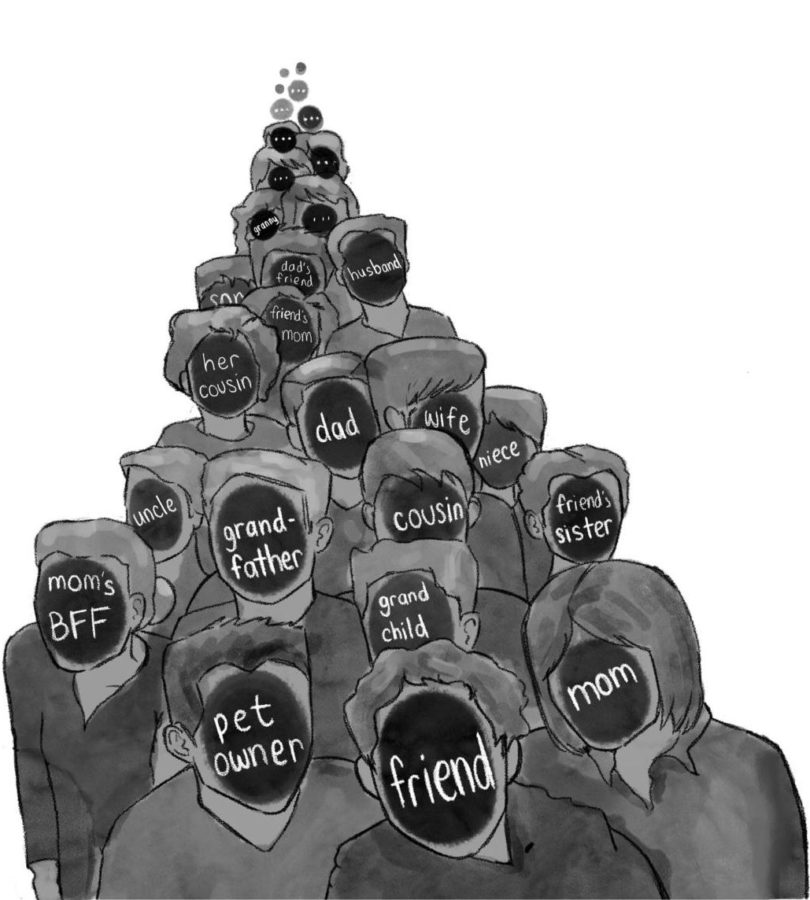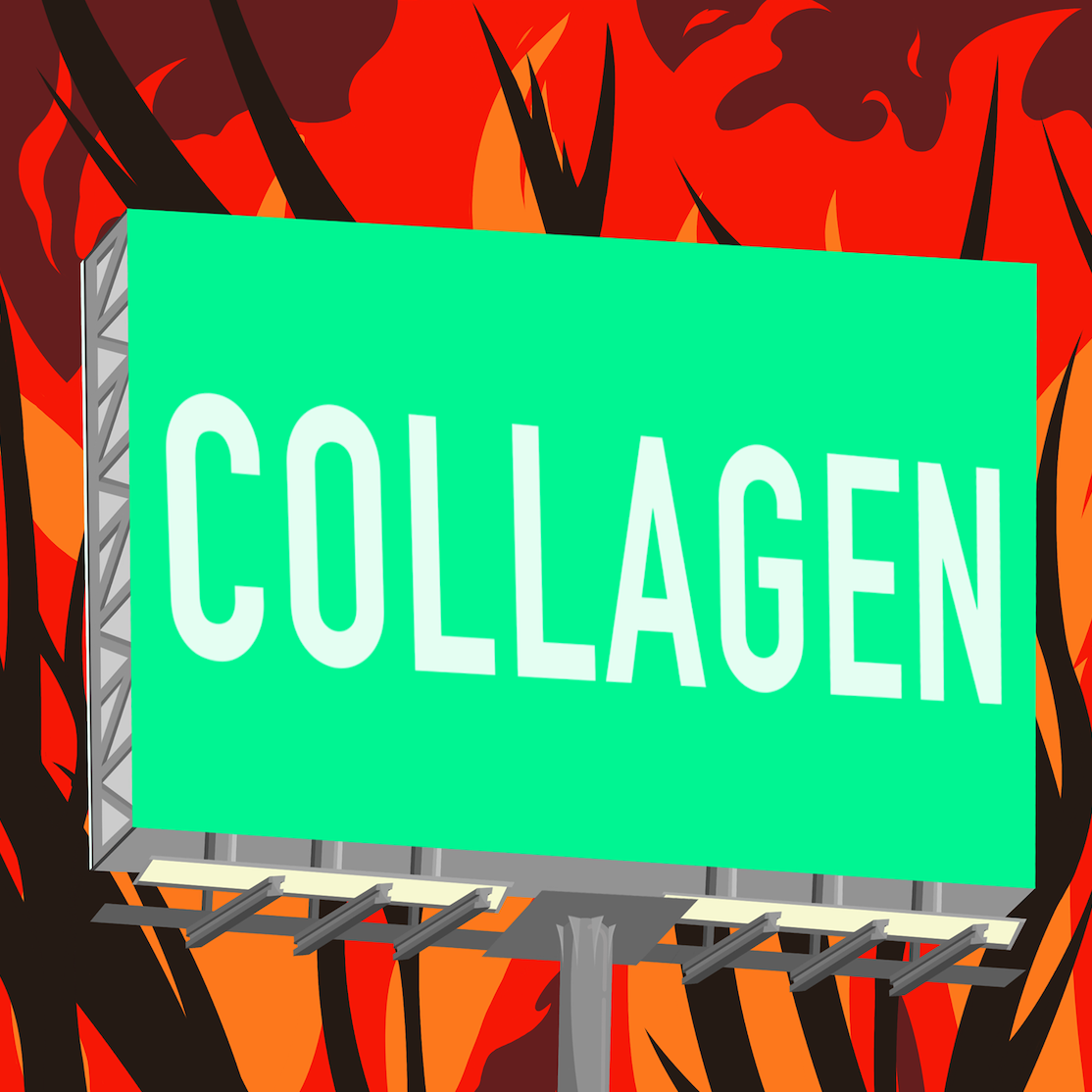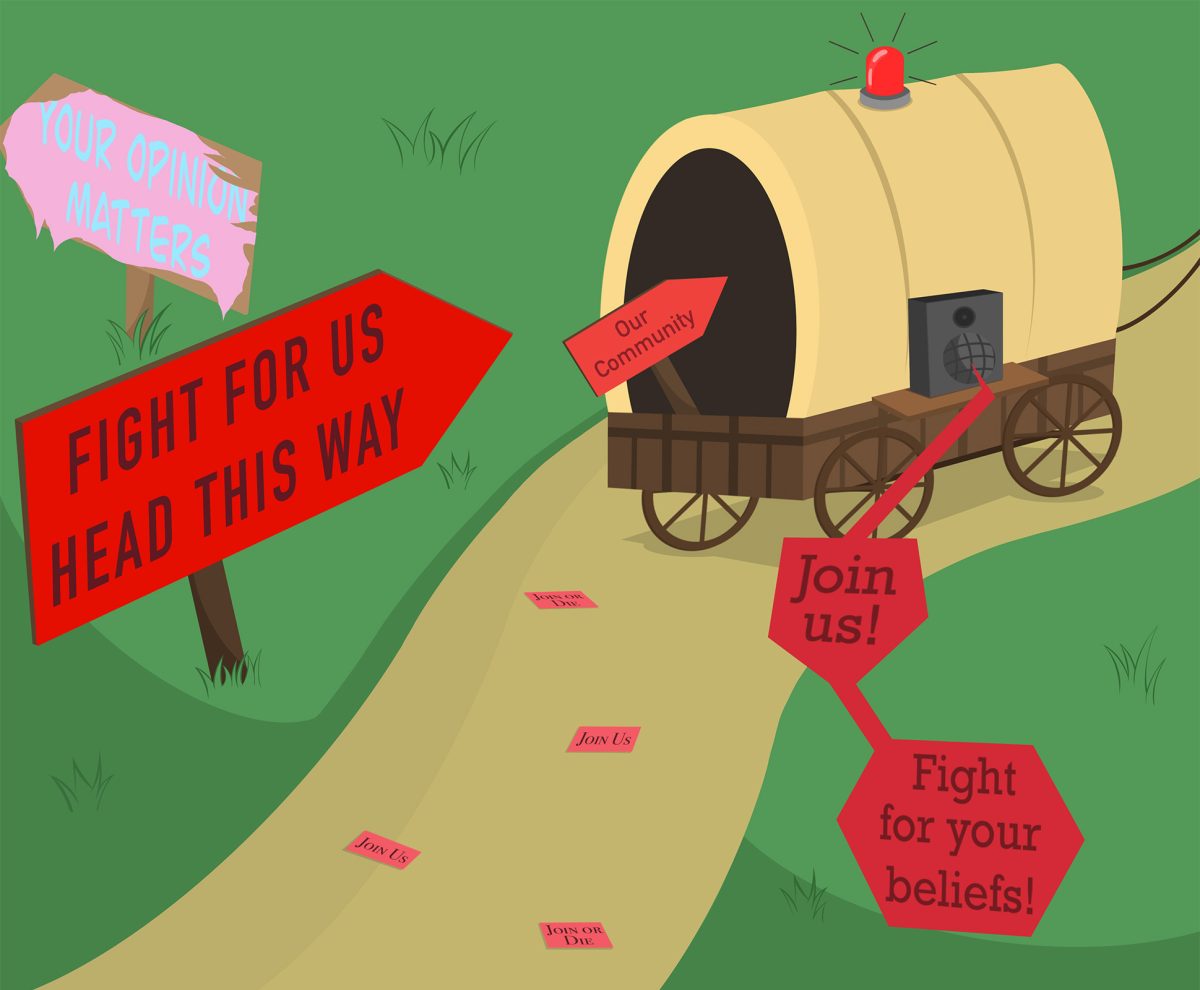Collagen. The supplement has become prominent in the wellness space. Promising to reduce wrinkles, thicken hair, and ease aching joints with newfound strength and mobility. From a biological standpoint, Collagen is a structural protein within all of us, accounting for 30% of the protein in our body. While the protein can be found in particular healthy foods, many still opt to consume it through a concentrated supplement, such as a powder or pill. Despite Collagen’s undeniable and scientifically supported health benefits, its production is linked to humanitarian and environmental devastation across the Amazon rainforest.
According to a recent study from the Bureau of Investigative Journalism, 2,600 sq km of deforestation – an area roughly the size of London – can be attributed to the supply chain of the primary collagen producers. Although these impacts are extensive, it is no secret that industry is nature’s biggest enemy. However, for big wellness, harming our earth wasn’t enough; they had to come for its inhabitants.
In reference to the Amazon land destruction, Kátia Silene Akrãtikatêjê, leader of the Gavião tribe in the impacted area, framed the situation with a question: “Why must they destroy everything?” The query, although simple, is lined with desperate confusion as she endures the destruction of the land her people once called home.
The BIJ study cited over 160 sq km of affected indigenous land, including a tabu (village) containing schools, shops, and hospitals. The tabu and it’s surroundings were burned to make room for collagen processing facilities.
The indigenous people have described this experience as suffocating, as if the world around them is shrinking with each wave of deforestation, usually in the form of arson.
Collagen producers have denied responsibility for the fires and have otherwise not addressed the issue.
The impacts of these practices trickle down the supply chain and dirty the hands of collagen sellers and, ultimately, buyers. After understanding the strain the Collagen industry has put on the world, how can a consumer use the product and maintain a state of shiny-haired bliss? Collagen health benefits are definite, but are funding companies disregarding communities and our earth worth it for tighter skin?
So, how can we consume Collagen ethically? While Collagen is most simply consumed in pill and powder form, the protein can also be found in natural food, although it is less concentrated. Bone broth is the most potent and affordable way to consume Collagen naturally. You can make the tasty drink from cooking scraps, perhaps after making some steak, or find it pre-packaged on store shelves. The production of bone broth will likely take place on a smaller, more local scale, which suggests a lessened environmental and humanitarian impact.
The wellness industry is one of the most profitable in the world, capitalizing on our obsession with youth and perceived beauty. We long for that child-like glow and are willing to pay top dollar for a product that promises results. And while the effects may be plentiful, it is unjustified when they cost the livelihood of hundreds. The truth about Collagen is that it is simply another trend, designed for our liking, fueled by our complicity, but done so at the expense of others.



























